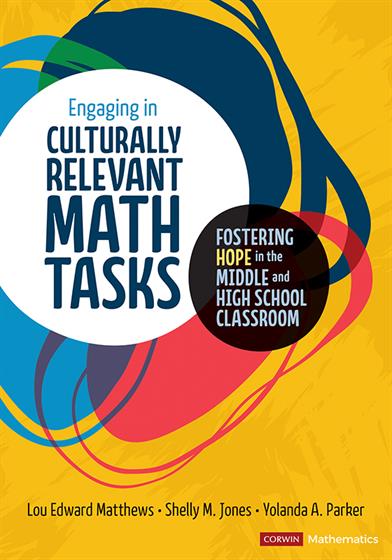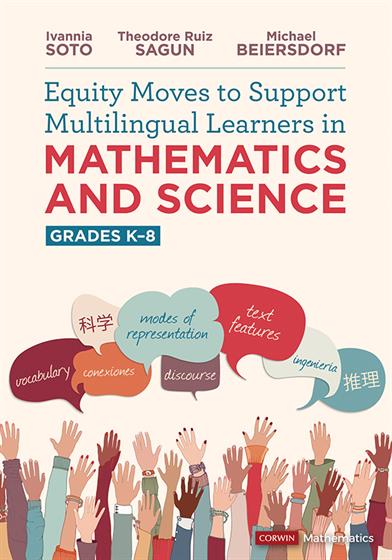Ideas and Identities: Supporting Equity in Cooperative Mathematics Learning
By Indigo Esmonde
Review of Educational Research; 2009; Volume 79, Issue 2
Ensuring that mathematical instruction is both comprehensive and equitable requires careful planning and reflection. This review of literature highlights some of the most critical cooperative practices that teachers can enact and some of the most important questions they need to ask when working to improve mathematical outcomes and understanding.
Numerous studies have shown that students who are familiar and comfortable with mainstream cultural practices and expectations receive more opportunities to learn in the classroom than students who are not. Such disparities are often rooted in stereotypes or beliefs about race, gender, and class, and impact students from different cultural or linguistic backgrounds. This can ultimately affect whether teachers can recognize a student’s mathematical abilities. Acknowledging these differences and strategizing how to address them in cooperative environments has led researchers to emphasize the importance of culturally responsive classroom management, guided teamwork, and community outreach.
Beyond computation and problem solving, mathematical learning requires understanding appropriate behaviors, contexts, and the correct use of language. Along with student identity and beliefs about learning, research has found that emphasizing these elements helps students navigate the complex intersection of social roles, classroom norms, and knowledge acquisition. This article summarizes several strategies for creating more equitable classrooms and tasks, such as assigning student roles in group activities, recognizing and addressing status differences, and working to change student attitudes about mathematics, intelligence, and meaning making.
Related Titles


Don't Have Much Time?
The section on Context, Mathematics Learning, and Equity is essential. Strategies for classroom management and selecting equitable classroom materials are discussed, as is the possibility of assigning scripts and roles in group settings. But if you can reserve the time, it’s also important to read the author’s summaries of the research on identity and social ecologies. Understanding how identity impacts learning (including empirical learning) is critical to understanding equitable pedagogy.
Questions to ask while you read
- Have you tried any of the cooperative learning strategies named in this paper? Which ones? What would you need to do to deploy them in your classroom?
- What do you think about the idea of “assigning competence” in math lessons? Are there students in your classroom who could benefit from this strategy? Are there students you can identify who might be unwilling or afraid to contribute? Why?
- Does your math curriculum incorporate material allowing for multiple solution strategies or multiple correct answers? Does your math curriculum encourage students to discuss those strategies and solutions with one another?
- Are students encouraged to share their thinking about mathematics with one another? Are these expectations explicit?
